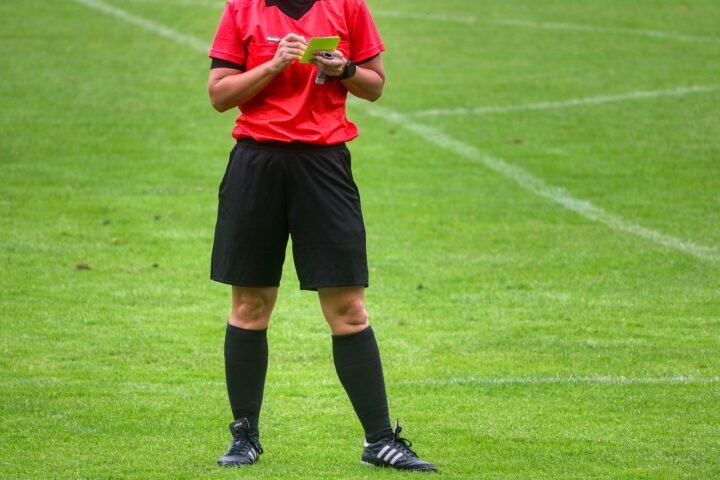Lack of Standards in State Lotteries Undermines Betting Market Security

17 de February de 2025
Lack of Standards in State Lotteries Undermines Betting Market Security
IBJR warns that discrepancies between federal and state regulations pose significant risks
Since January 2025, Brazil’s sports betting market has been operating under a comprehensive federal regulatory framework, which sets strict criteria for licensing. In parallel, some state lotteries have begun issuing their own licenses—often with far less stringent requirements.
While the federal regulation aims to safeguard the industry with robust oversight and compliance rules, certain state-level permissions fall short of these standards. This regulatory gap creates challenges for enforcement, fosters unfair competition, and increases overall market risk.
A clear example of this discrepancy can be seen when comparing the requirements set by the Secretariat of Prizes and Betting (SPA) of the Ministry of Finance with those of the Rio de Janeiro State Lottery (Loterj). Key differences include:
- Facial recognition for bettors: The federal framework mandates this security measure to prevent fraud and verify player identity. Loterj does not require it.
- License fee: Federal authorization requires a payment of R$30 million, while state licenses may cost as little as R$5 million.
- Responsible gaming tools: Operators licensed at the federal level must implement features like time limits and self-exclusion options. These are not required by Loterj.
- Capital proof requirement: Federal rules demand financial proof of stability from operators, whereas this is not a requirement under Loterj.
- Financial reserve to guarantee payouts: The SPA mandates a R$5 million fund to secure prize payments. No such reserve is required by Loterj.
- Restrictions on payment methods: The federal model bans cash payments, third-party transactions, post-paid bets, and crypto payments. These restrictions do not apply under the Loterj framework.
According to IBJR CEO André Gelfi, the lack of regulatory alignment jeopardizes market integrity and puts consumers at risk. “The regulatory model set forth by the SPA of the Ministry of Finance is both robust and responsible—it protects players, promotes ethical practices, and ensures that public funds are used appropriately. However, the inconsistency between federal rules and some state-level permissions is alarming. Frameworks like Loterj’s, which lack sufficient oversight and compliance mechanisms, can encourage unfair competition, compromise player safety, and damage the credibility of the industry.”
IBJR and its members call for regulatory consistency across the country. “Legal certainty is critical for investors. Only with clear and uniform rules can Brazil establish a sustainable and responsible betting environment,” Gelfi concludes.
About IBJR
Founded in March 2023, the Brazilian Institute for Responsible Gaming (IBJR) brings together global operators that represent 75% of the regulated sports betting market in Brazil. These companies are part of international groups with strong presence in key jurisdictions such as the United States, United Kingdom, and Australia.
IBJR’s mission is to foster a sustainable and responsible online betting ecosystem that benefits society. The institute works alongside public authorities and industry stakeholders to promote a secure and innovative environment—leveraging solutions already in use in more mature international markets.
